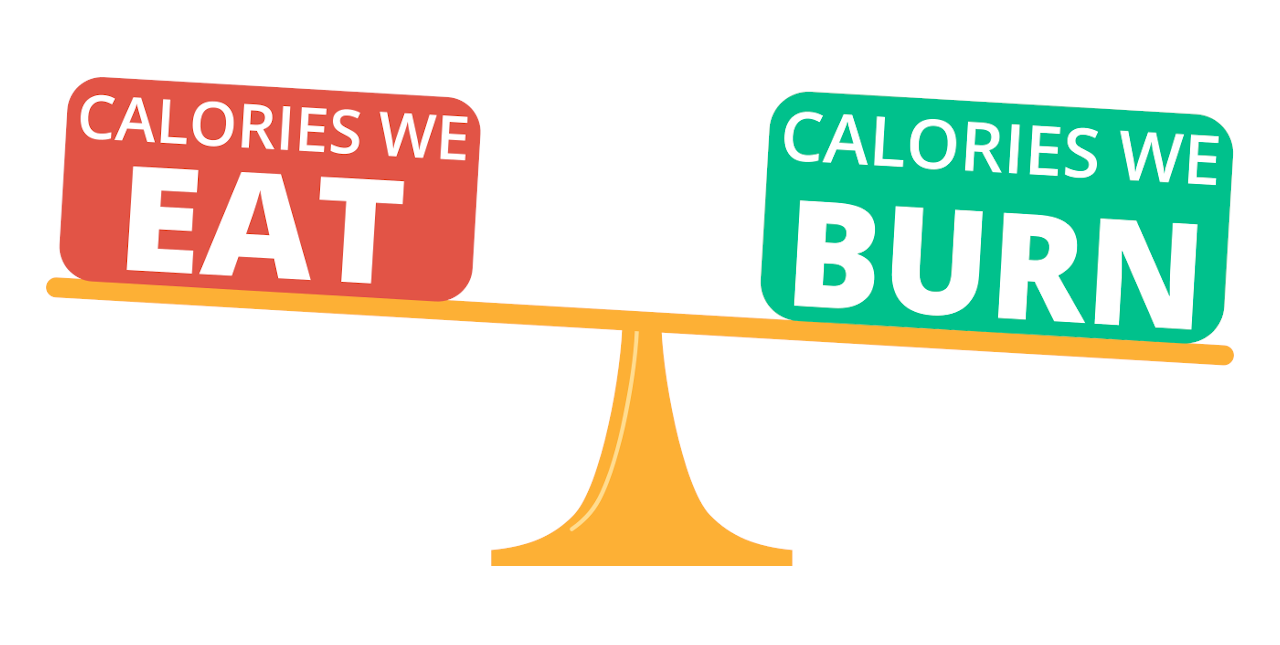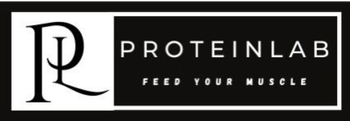
How Much Do You Understand About Body Recomposition?Body recomposition helps people with a fat loss at the same time gaining muscle simultaneously journey. Unlike weight loss programs that emphasize scale weight loss, the goal of recomposition is to develop a lean, chiseled frame. Optimally changing body composition involves the loss of fat and the gain of muscle through an evidence-based nutritional approach, wise workouts, and science-based methods. This is not the simple-minded approach to weight loss; it is more than that. It creates a lean and defined physique. To remain with optimum body composition, it utilizes the science of simultaneous fat loss and muscle gain by using evidence-based nutritional strategies, smart workouts, and scientifically-proven methods.
The Science Behind Body Recomposition
Nutrition Intake: Calories in vs Calories out
Calorie Deficit is most important for fat loss; consuming fewer calories than what one burns. The benefits of anabolism will help with muscle growth when protein synthesis exceeds breakdown. Body recomposition is about appropriating caloric intake carefully: just enough to maintain or slightly under to promote fat loss, yet high enough to promote muscle growth.

Macronutrients and Body Composition
Protein
Recommended intake from about 1.6 to 2.2 grams per kg of body weight is suggested to maximize lean muscle building capacity and protect muscle during fat loss.
Carbohydrates
They fuel your workout and recovery; intake should be higher around training days or high intensity for performance support.
Fats
Healthy fats (avocado, almond, olive oil) contribute to hormone regulation and health in general. Having balanced macronutrients in your diet gives you enough substrate to build muscle on and keeps your metabolism stable while you lose fat and build muscle.
Resistance Training and Progressive Overload
Strength training is what puts on muscle. Compound lifts are a must (squat, deadlift, and press) to get the best maximal benefits. Progressive overload is adding more resistance or doing more reps, high volume is the key to continual muscle hypertrophy. To optimize gains while ensuring adequate recovery, training sessions should be performed at least 3–5 days per week, with emphasis on the main muscle groups to achieve good results. The training schedule could be push, pull , leg, or can also be one day one part of a muscle group training.

Cardio in Recomposition
Depending on your goals and how well you are recovering, here are the two types of categories level LISS or HIIT may be one of the choices to work in. Let's say cardio is increasing calorie burning and cardiovascular health without compromising gains in muscle if timed properly.
Hormones, Sleep & Stress
Lack of sleep and being stressed all the time increase levels of cortisol, which hinders fat loss and muscle gain. Try to sleep 7 to 9 hours nightly and promote stress reduction by employing meditation, relaxation, or recovery days to balance your hormones, which will increase metabolism.
Meal Plans for Recomposition
Calculating and Setting Calorie Targets
Begin your calculation with your TDEE, which is based on BMR and on your level of activity. A 10-20% deficit is generally required for weight loss. Instead of a deficit, the lean beginner might enter recomposition eating at maintenance with high protein intakes allowed for some degree of muscle gain and fat loss without excessively deep dieting mode
Protein First Approach
Protein type you can have eggs, chicken breast, lean beef, fish, and the ProteinLAB Supplement come first. Put protein into meals evenly, 30–40 g of protein per meal, speculated to maintain muscle protein synthesis through the day.
Carb Timing
Have carbs around your training for energy, and after for recovery. Complex nutrient-dense carbs: oats, quinoa, brown rice, and sweet potatoes are good for replenishing glycogen and supporting workout performance.
Healthy Fats
Whole-food fats are needed for satiety and hormone needs. Use fats such as olive oil, nuts, seeds, and fatty fish that contain omega-3 to keep it well balanced.
Nutrient-Dense Whole Foods
Include whole grains, colorful vegetables, fruits, and lean meats to fulfill micronutrient needs and stay healthy while pursuing weight loss and muscle gain, and speed up metabolism.
Measuring Progress: Tracking Body Composition
Apart From the Scale
The weighing scale fluctuates with water loss or gain mass, or versus fat changes. Measure for body fat percentage, tape measurements (waist, hips, chest), and progress photos every few weeks.
Strength Gains
Major gains in strength (being able to lift heavier weights or more reps) acknowledge the increases in lean mass, even at times when little or no movement could be detected on a scale. Improved energy levels and sleep quality, enhanced mood, replenishment, and exercise performance are all part of a working body composition program.
Hydration and Body Composition
Improve Performance
Staying hydrated helps optimize workout performance at the same time, allowing you to train harder and burn more calories.
Reduced Water Retention
Hydration can help regulate fluid balance and reduce water retention, which can affect the appearance of a lean physique.
Metabolic Progress
Water is essential for various metabolic processes, including nutrient transport and waste removal, which indirectly support muscle growth and fat loss.

Supplement Guide for Recomposition
Whey Protein
Whey protein for muscle gain, high-protein supplements, and best protein for body recomposition. Whey protein gets absorbed at a fast speed and, hence, is put to good use for muscle gain and fat loss by meeting the body's daily protein intake. It is most suited after workouts for muscle protein synthesis.

Creatine Monohydrate
Creatine for fat loss, build strength with creatine, recomposition supplements. Creatine, traditionally white powder, is one of the most researched supplements and helps in developing strength and endurance and recovering from workouts much faster. One can train harder and recover faster by using creatine, which would otherwise be beneficial for fat loss and muscular gain.

Omega-3 Fatty Acids (Fish Oil)
Omega-3 for weight loss, reduces inflammation, healthy fat supplement that fights inflammation, promotes heart health, and may even improve body composition by increasing fat metabolism and reducing muscle breakdown.

Branched Chain Amino Acids (BCAAs)
BCAAs for recovery, muscle preservation, and intra-workout supplement.BCAAs prevent muscle breakdown, especially during fasted exercise or caloric deficit. They are the finest recovery and muscle maintenance supplement after BCAAs, especially when protein targets are achieved.

Be safe and rest assured, you are getting 100% authentic products at the lowest price when you purchase at Proteinlab Malaysia.
You can also like our Facebook page for more promotional news at:
Or you can also follow our Instagram for more nutrition tips at:
